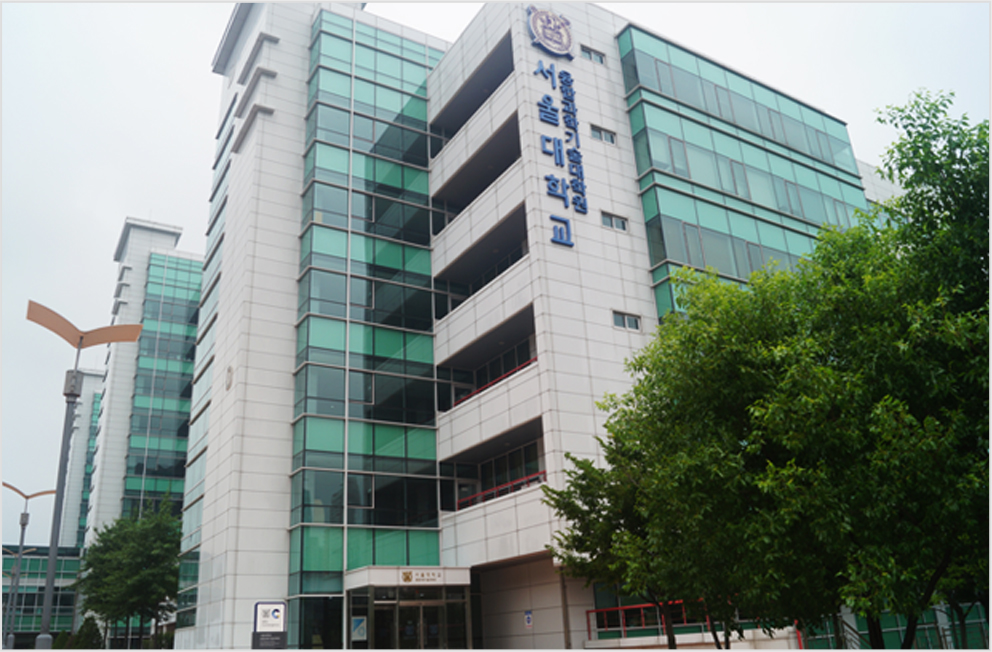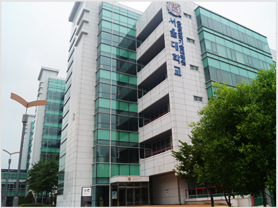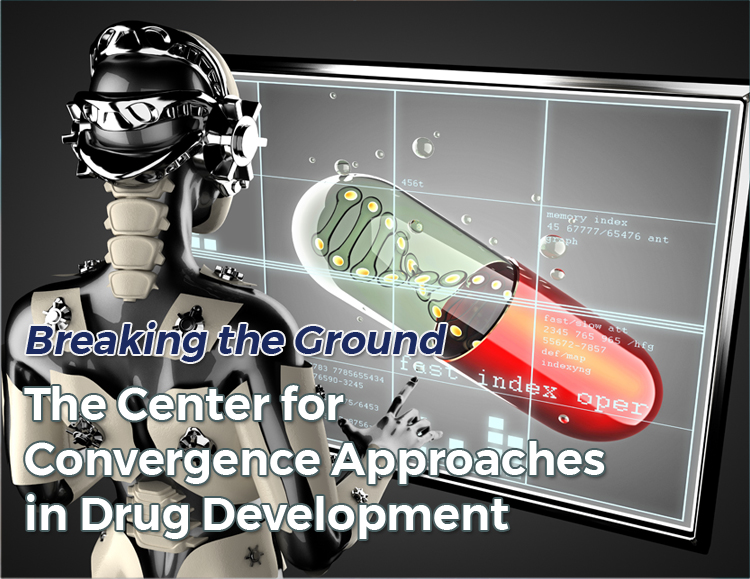

RESEARCH
- Microtracing/microdosing Study
- Use of Artificial Intelligence for Clinical Drug Development
- Policy Analysis for an Integrated Clinical Research System in Korea
- Systems Pharmacology and Pharmacometrics
- Writing an Introductory Book on Biologics
Use of Artificial Intelligence for Clinical Drug Development
Artificial Intelligence (AI) is a discipline of computer science that studies the ways to mimic and reproduce human intelligence processes such as learning, knowledge representation, decision-making and reasoning by machines. Several AI-based approaches have been applied to drug discovery and development to increase the efficiency while reducing the time and cost, resulting in a mix of success and failure.

Clinical trials are an important research tool to determine the safety and efficacy of the drug in humans, which creates an indispensable knowledge base for physicians and patients for the best and optimal care. With the advent of digital health care technology, the fragmented nature of clinical data capture in the previous era is about to change and the way that clinical trials are performed can be also revolutionized. In particular, digital healthcare technology implemented in wearable devices and smart phones has enabled uninterrupted continuous data collection from patients in a real-life setting.
Furthermore, there has been a growing demand for customized, user-friendly digital healthcare platforms that serve each patient’s specialized needs to identify and locate a clinical trial [s]he may be eligible for. Patient recruitment is one of the most expensive, time-consuming, and inefficient steps in any clinical trials. What makes the matter worse is that eligibility assessment is manually conducted by humans (i.e., physicians or study coordinators) based on eyeballing of large amount of patient records and related information. To overcome this drawback, AI-based deep learning algorithms can help match eligible patients to a specific clinical trial and recruiting them into it. Therefore, AI can turn lengthy, laborious, and complex procedures of patient eligibility assessment into several quick and easy clicks on a machine-learning system.
Likewise, it is almost impossible for an average patient, who is lacking the domain knowledge, to find a list of potential clinical trials that [s]he might be eligible for without his/her physician’s help. A simpler, but more efficient, way may be to leverage the utility of AI to identify an appropriate list of clinical trials based on patient’s diagnosis, disease stage, severity and conditions, geographical location, and even personal preferences. Chatbot and the voice-activated assistant can play an important role too in this process.
CCADD has focused on the application of AI technology to clinical drug development, particularly the operational aspects of clinical trials such as eligibility assessment and patient recruit. With the advance of information and communication technology, AI-based approach can increase the efficiency of patient recruitment process by providing automated eligibility screening. To analyze heterogeneous patient data, a variety of machine learning algorithms can be used to assess whether a certain patient meets the eligibility criteria, based on his/her age, gender, stage of disease, medical history, and clinical conditions. Additionally, dynamic deep neural network can be also used to select clinical features from the electronic medical records (EMR) for eligibility screening. Topic modeling is another helpful tool.




CCADD
Center for Convergence Approaches in Drug Development, Graduate School of Convergence Science and Technology, Seoul National University
Room C-208, 145 Gwanggyo-ro, Yeongtong-gu, Suwon-si, Gyeonggi-do, 16229, SOUTH KOREA (Gwanggyo)
Room 406, Building 17, Seoul National University College of Medicine, 103 Daehak-ro, Jongno-gu, Seoul, SOUTH KOREA (Yeon-gun)
Tel: +82-31-888-9189 (Gwanggyo); +82-2-3668-7381 (Yeon-gun)
Fax: +82-31-888-9575
Email: ccadd.snu@gmail.com



















